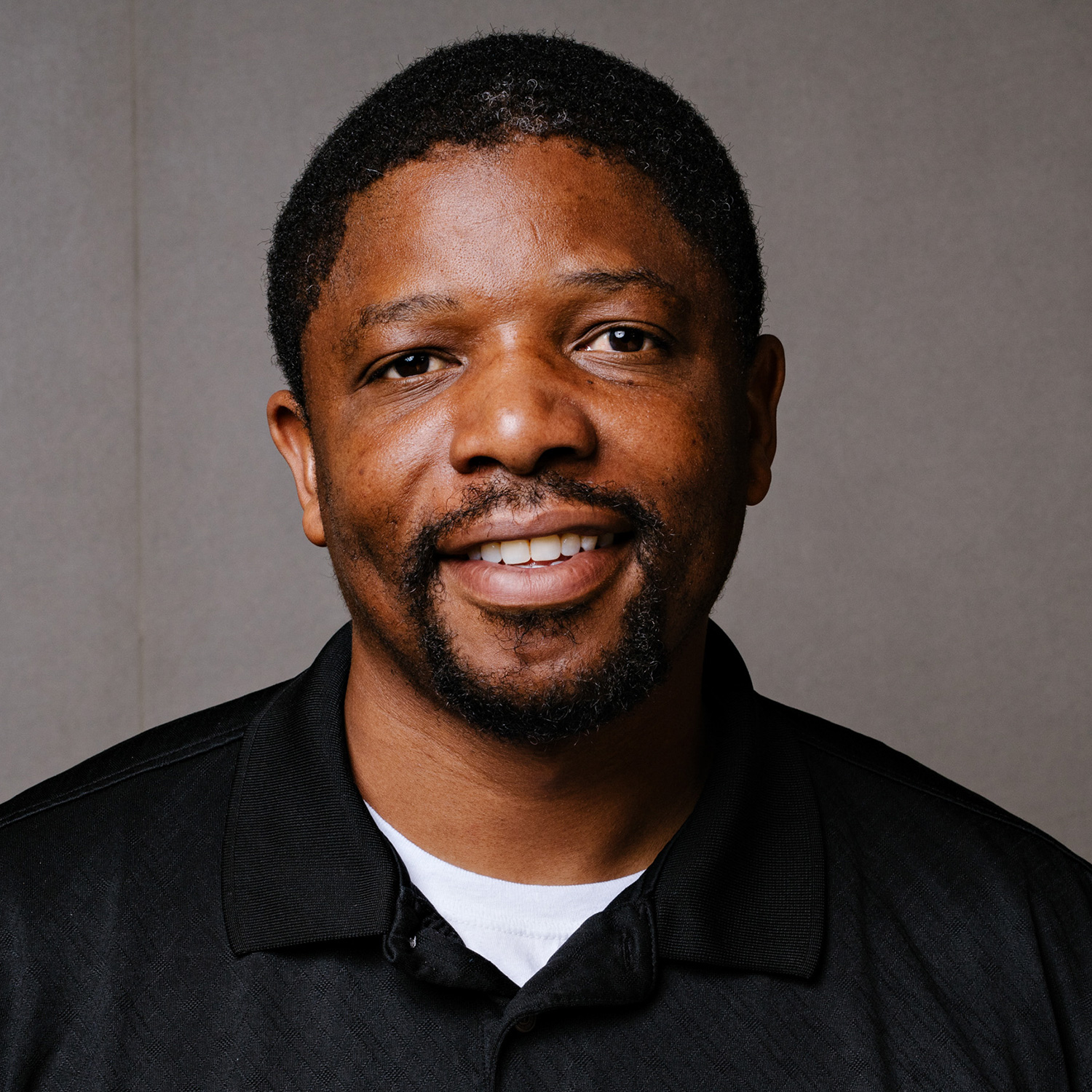
Carolina Panthers quarterback Cam Newton smiles as he answers questions during a press conference in San Jose, California in 2016
When Cam Newton, one of the biggest names in the NFL, said, “It’s funny to hear a female talk about routes; like, it’s funny” while responding to a question from Carolina Panthers beat reporter Jourdan Rodrigue of The Charlotte Observer, I wish at least one male reporter in the room would have stood up and challenged the star quarterback’s manhood.
I wish one of them would have said, “Cam, it’s funny to think you get paid millions of dollars to understand routes, considering the way you played last year and early this season before the game against the Patriots.”
I wish one of them would have said, “Tell us more about why you’ve so internalized sexism you didn’t seem to notice you were dragging your knuckles on the podium and on camera in front of people paid to transmit your words to the rest of the country?”
I’m only half kidding, and not even that much.
Scott Fowler, a prominent sports columnist for The Charlotte Observer, wrote a scathing column about Newton’s comments and detailed Rodrigue’s background and expertise. Mike Persinger, executive sports editor for the paper, called the incident “unfortunate and out of line.” (Full disclosure: I am a part-time, interim member of The Observer’s editorial board but have not met Rodrigue.)
While I understand Persinger’s statement, Newton’s comments were neither unfortunate nor out of line. They are foundational and in line with the way too many men—including too many inside newsrooms and locker rooms—think about women intruding on a “man’s sport.” There has long been an assumption among many men that if you have female body parts, you can’t know much about football. It’s a long-standing problem we’ve yet to fully contend with, despite the obvious progress of top women sports journalists at places such as The Boston Globe, The Washington Post, ESPN, and elsewhere. It’s still a problem because not enough male journalists have forcefully demanded change.
That’s why it would have been appropriate for one, or more, of the men during that press conference to have challenged Newton immediately and not left it to Rodrigue to follow up with him afterwards. As of now, we are asking women to be as good—or better—than their male counterparts while overcoming unnecessary barriers and forcing them to lead the charge against knuckle draggers when they are demeaned in public. Plenty of women journalists have proven they are more than capable and don’t need the help. But it’s bigger than that.
Newton’s sophomoric comments, for which he apologized a couple of days later, weren’t just a direct challenge to Rodrigue and other women journalists; they cut to the heart of journalism. If women aren’t capable of understanding the basics of their beats and are being hired anyway, it means the profession is more concerned with appearances than excellence. It goes to the heart of journalism’s credibility, which is already being challenged by a president fond of calling stories he doesn’t like “fake news.” An attack on women journalists is an attack on journalism itself and should be responded to forcefully.
Rodrigue and other women have their jobs because they know what they are doing, because, contrary to the knuckle-dragger’s thinking, you do not need to have run “routes” as a player to understand them. I ran “routes” for 10 years and know plenty of fellow players who couldn’t tell you the difference between Cover 2 and straight-across-man, or a skinny post or a zone option route, because they relied upon their athleticism and hardly ever studied the game. We’ve had successful NFL coaches who never played in the pros, including maybe the best ever, Bill Belichick, and some who hardly played in college or high school. They were successful because they committed to learning the finer points of their craft – just like the best journalists, women and men, do.
In 2009, David Axelrod and other Obama administration officials began trying to isolate the Fox News Channel, including trying to exclude the network from a round of interviews. Journalists at other networks—many of whom have massive disagreements with Fox News personalities—immediately said no one would participate in the interviews if Fox wasn’t allowed in as well. They saw the danger in letting an administration, any administration, dictate a news outlet’s coverage decisions. The threat was plain to see. The sentiment behind Newton’s words is just as threatening.


